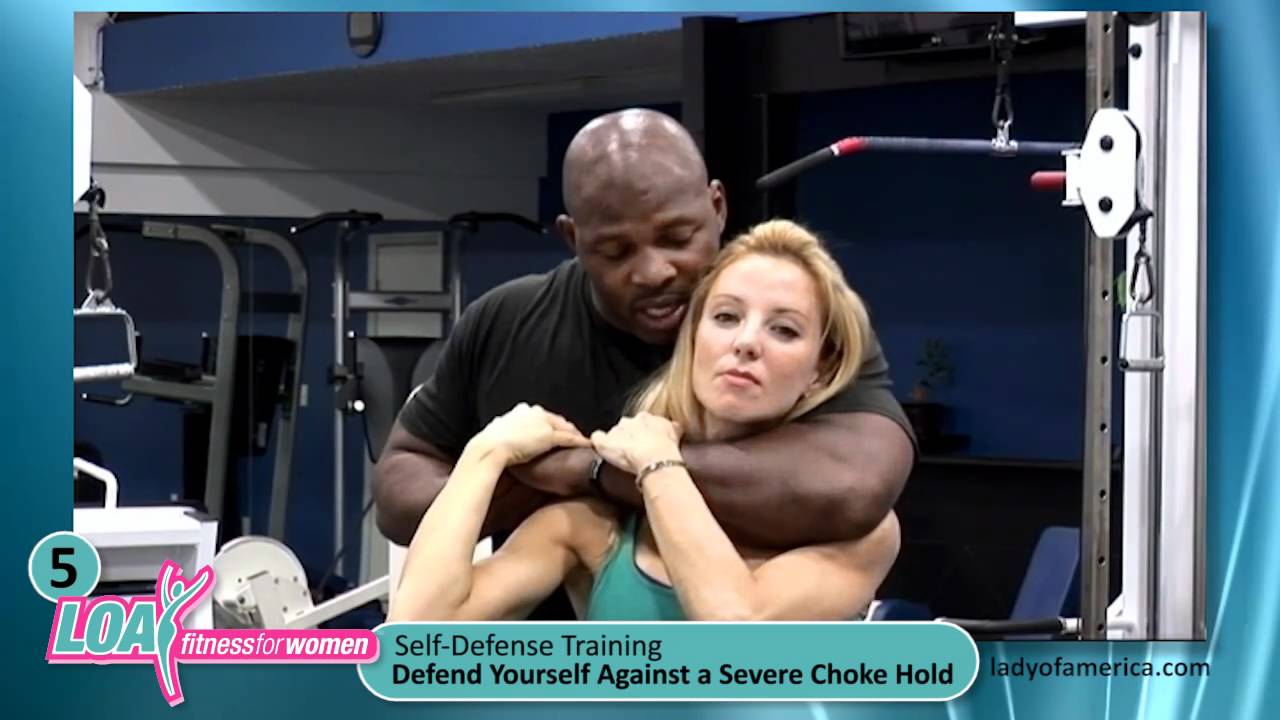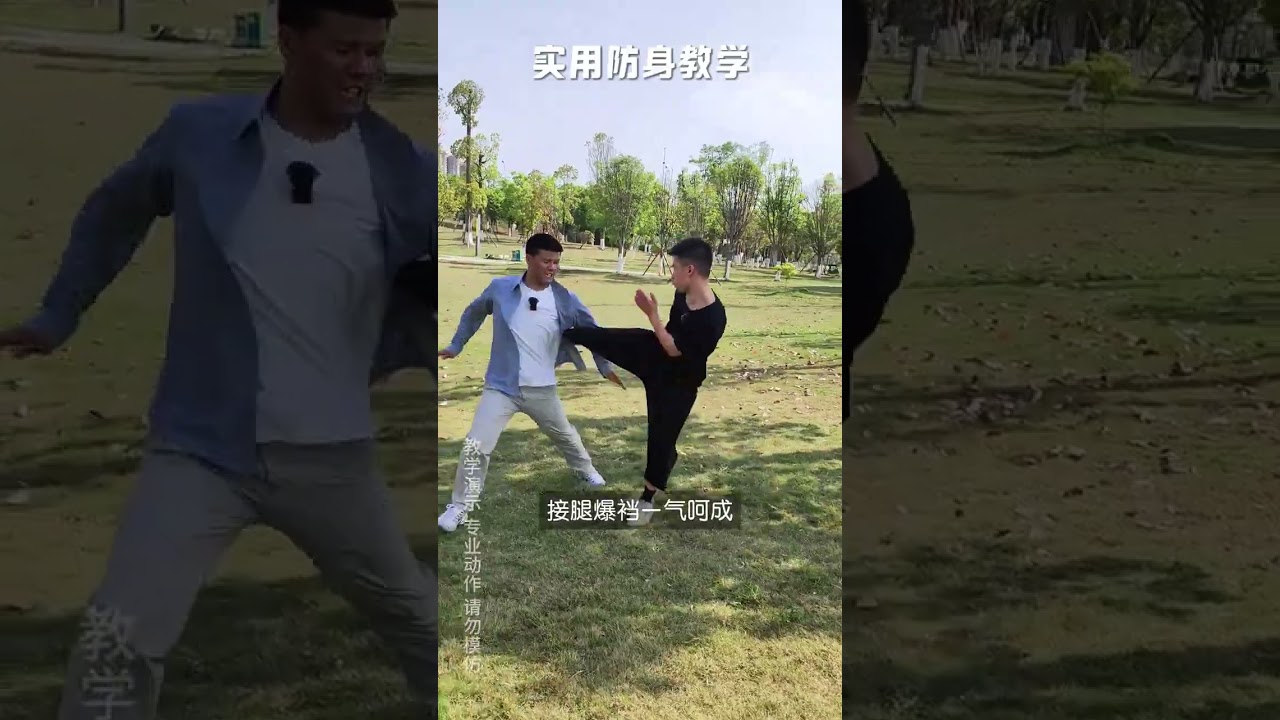Womens Self Defense
Legal experts weigh in on the use of self-defense claims in criminal cases

In recent years, the issue of self-defense claims in criminal cases has garnered significant attention and scrutiny in the legal community. While self-defense is a fundamental principle in criminal law, it can be a complex and oftentimes controversial defense strategy. Legal experts have debated the legitimacy and effectiveness of self-defense claims, particularly in cases where the use of force may not be deemed necessary or proportionate.
Self-defense is a legal doctrine that allows individuals to use force to protect themselves or others from imminent harm or danger. In order to successfully assert self-defense in court, the defendant must demonstrate that their actions were reasonable and necessary in response to a perceived threat. However, the subjective nature of self-defense can make it a challenging defense to prove, as it often relies on the defendant’s perception of the situation at the time of the incident.
Legal experts argue that the use of self-defense claims in criminal cases should be carefully scrutinized to prevent abuse and misuse of the defense. In some cases, individuals may falsely claim self-defense to justify their actions and evade criminal responsibility. This can lead to wrongful acquittals and undermine the integrity of the criminal justice system.
Moreover, the prevalence of self-defense claims in cases involving violent crimes, such as homicide or assault, raises questions about the appropriateness and ethical implications of using deadly force in self-defense. Critics argue that the proliferation of Stand Your Ground laws, which allow individuals to use lethal force without the duty to retreat, has contributed to an increase in self-defense claims and potentially escalated violence.
On the other hand, proponents of self-defense assert that individuals have a right to protect themselves from harm and should not be penalized for acting in self-defense. They argue that self-defense is a fundamental human right and that individuals should be able to defend themselves and their loved ones from imminent danger without fear of legal repercussions.
Legal experts suggest that the use of self-defense claims in criminal cases should be examined on a case-by-case basis to determine the credibility and validity of the defense. Factors such as the reasonableness of the defendant’s actions, the proportionality of force used, and the presence of mitigating circumstances should be carefully considered in evaluating the legitimacy of self-defense claims.
In conclusion, the use of self-defense claims in criminal cases is a complex and contentious issue that requires careful consideration and analysis. While self-defense is a recognized legal doctrine, its application in criminal cases should be scrutinized to ensure that it is not being abused or misused. Legal experts play a crucial role in assessing the validity of self-defense claims and ensuring that justice is served in cases involving claims of self-defense.
Womens Self Defense
Uniting for Justice: Community Organizations Push for Stronger Self-Defense Legislation

Uniting for Justice: Community Organizations Push for Stronger Self-Defense Legislation
In recent years, the dialogue surrounding self-defense laws has grown more complex and critical, highlighting the need for a re-examination of legal frameworks that govern individual conduct during life-threatening encounters. As issues of personal safety, inequality, and the right to self-defense collide, community organizations across the nation are uniting to advocate for stronger self-defense legislation that not only protects individuals but also addresses systemic injustices.
The Current Landscape
Self-defense laws vary widely from state to state, resulting in a patchwork of regulations that can often leave marginalized communities under-protected. Some states have “Stand Your Ground” laws which give individuals the right to use force without the duty to retreat when threatened. Meanwhile, others adhere to more traditional “Duty to Retreat” principles, requiring individuals to avoid confrontation when possible. This inconsistency can lead to unintended consequences, particularly for people of color and those from lower socioeconomic backgrounds, who might be disproportionately criminalized in self-defense situations.
The Call for Reform
In response to these disparities, community organizations are rallying for legislative change. Groups focused on social justice, civil rights, and public safety are coming together to craft proposals aimed at reforming self-defense laws. These advocates argue that it is essential not only to ensure the right to defend oneself but also to create an equitable legal framework that reduces bias in how self-defense cases are prosecuted and adjudicated.
Key Proposals
-
Enhanced Training and Awareness: One significant proposal advocates for mandatory training in self-defense laws for both civilians and law enforcement. Understanding the legal implications of self-defense can empower individuals to make informed decisions during high-pressure situations.
-
Bias Review Measures: Community organizations are pushing for legislative measures that require law enforcement to undergo training on implicit bias and the historical context of self-defense laws. This could mitigate the risk of racial profiling and ensure that self-defense claims are evaluated fairly.
-
Legal Support and Resources: Providing legal resources and support for individuals who defend themselves can help level the playing field. Advocates suggest establishing funds or programs that can assist with legal fees for those who may not otherwise afford representation in self-defense cases.
- Community Dialogues: Engaging community members in discussions about self-defense can foster better understanding and cooperation. Organizing community forums to discuss individual rights, responsibilities, and personal safety can build trust and provide critical information.
Building Coalitions
Collaboration is at the heart of this movement. Organizations with differing focuses—such as gun rights advocates, domestic violence shelters, youth mentorship groups, and racial justice organizations—are finding common ground in the belief that self-defense is a fundamental right that must be accessible to everyone.
These coalitions are also crucial in countering misinformation about self-defense laws and their implications. By working together, they can foster a more informed public debate and promote legislation that is both just and effective.
The Path Forward
As these community organizations continue to push for stronger self-defense legislation, the conversation around justice, equity, and individual safety remains crucial. Advocates emphasize that any reform must be carefully crafted to protect the rights of all individuals while also addressing the underlying societal issues related to violence and safety.
In conclusion, the united effort of community organizations in advocating for stronger self-defense legislation reflects a growing commitment to justice that transcends traditional divides. By prioritizing equity and informed discourse, these groups are not only advocating for change in the law but are also championing the dignity and safety of every individual in society. The path to reform may be arduous, but the collective action of committed organizations can drive meaningful change in ensuring that self-defense rights are upheld for all.
Womens Self Defense
Self Defense Training For Women In A Bar Scene Or Walking The Mall — Lady Of America

http://www.ladyofamerica.com This is the last of the Lady of America Fitness for Women self defense training videos. This video is …
source
Womens Self Defense
One Punch Man #Selfdefense #Womens selfdefense #Defeat the enemy with one move #Selfdefens
-

 Womens Self Defense11 months ago
Womens Self Defense11 months agoNew Legislation Empowers Women to Defend Themselves
-

 Self Defense News1 year ago
Self Defense News1 year agoShe was convicted of killing her abusive boyfriend. Now a Maple Grove woman is home awaiting a new trial.
-

 Self Defense News1 year ago
Self Defense News1 year agoSelf-Defense for All: The new Gracie Jiu-Jitsu Pasadena is for everyone | Online Features
-

 Womens Self Defense1 year ago
Womens Self Defense1 year agoTop 5 Self-Defense Techniques Every Woman Should Know
-

 Womens Self Defense7 months ago
Womens Self Defense7 months agoUnderstanding State-by-State Variation in Self Defense Laws
-

 Womens Fitness1 year ago
Womens Fitness1 year agoXtreme Bodyweight HIIT (Lots of Jumping!) | Joanna Soh (Fio Series)
-

 Womens Preparedness1 year ago
Womens Preparedness1 year ago10 essential skills for surviving in the great outdoors
-

 Womens Preparedness1 year ago
Womens Preparedness1 year agoEmpower Yourself: A Guide to Female Survival Planning




